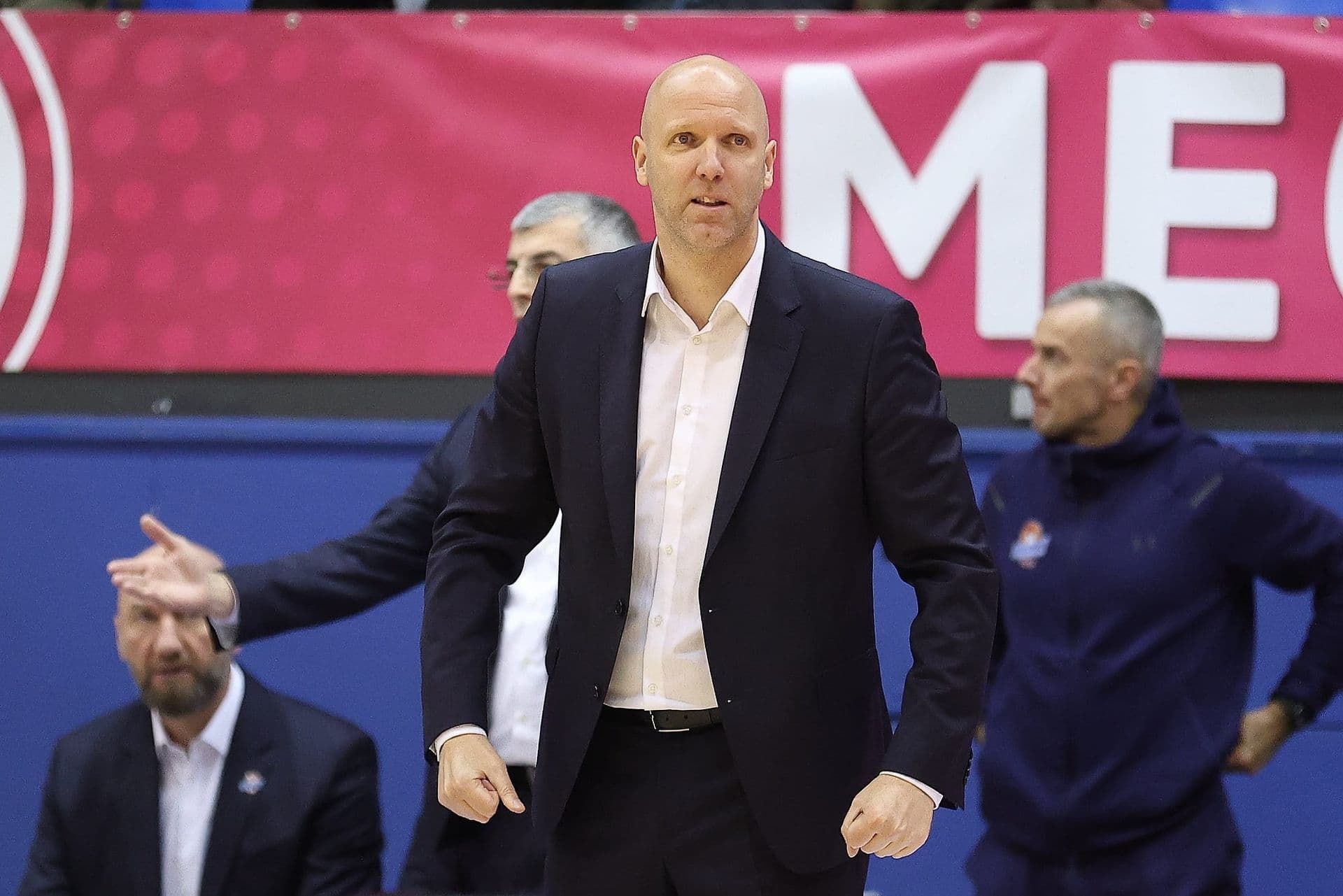At the age of 23, Sarah Power faced a life-altering diagnosis: she tested positive for Huntington’s Disease, a hereditary neurodegenerative disorder. Now 41, Sarah’s journey has been marked by both profound challenges and newfound hope following the announcement of a potential treatment that could alter the course of the disease.
Sarah’s diagnosis came as a result of genetic testing, a process she began shortly after her 18th birthday. Her family history, including her father and grandmother both suffering from Huntington’s, heightened her awareness of the disease. “I vividly remember sitting in our living room as a child when I was told my grandma had this disease,” she shared. The emotional weight of her diagnosis was compounded by the impact it had on her family, particularly her mother.
After receiving the news, Sarah experienced overwhelming grief. “I fell to pieces,” she recalled. “It was hard to bear not just for me, but for my family.” The disease manifests through a combination of psychiatric, cognitive, and motor symptoms, leading to a gradual decline in health and quality of life.
Sarah’s father lived in denial about his own risk for many years, ultimately passing away from Huntington’s at the age of 63 in 2017. This loss has been a significant emotional burden for Sarah, who describes it as “so cruel” to witness her father’s decline from a vibrant, active man to someone who required constant care.
Despite the heavy emotional toll, Sarah sought to live fully, embracing life’s adventures with friends and family. She and her ex-husband chose to undergo IVF to have children without passing on the gene mutation, which resulted in the birth of two daughters. “I just want to let fate do its thing,” she said, reflecting on her decision not to test her second child for Huntington’s.
As a stay-at-home mother, Sarah constantly battles fears about her own health and the potential for her daughters to inherit the condition. “I feel like a ticking time bomb,” she explained. The typical onset of symptoms occurs between the ages of 30 and 50, leaving Sarah in a state of uncertainty.
In late September 2023, Sarah received what she described as a “pinch me moment”—an email from the Huntington’s Disease Association announcing a new treatment that could slow the disease’s progression by up to 75%. “I didn’t let myself dream that a treatment would come along,” she said with a smile.
Cath Stanley BEM, Chief Executive of the Huntington’s Disease Association, provided context for the significance of this treatment. “Around 8,000 people in the UK are living with Huntington’s disease, while another 32,000 are at risk,” she noted. The disease disrupts the brain’s nervous system due to a faulty gene, often leading to a severe loss of independence and requiring extensive care.
The new treatment, currently undergoing trials, has shown promising early results. However, full trial results have yet to be published, and the approval process in the United States will precede applications in Europe and the UK, which could extend the timeline considerably.
For Sarah, this development represents hope not just for herself but for countless others facing the same fate. “I might be able to grow into an old lady and enjoy life,” she reflected, embracing the possibility of a future where she can witness her daughters grow up and experience life’s milestones.
While the journey ahead remains uncertain, Sarah’s resilience and determination to live fully serve as a testament to the human spirit in the face of adversity.







